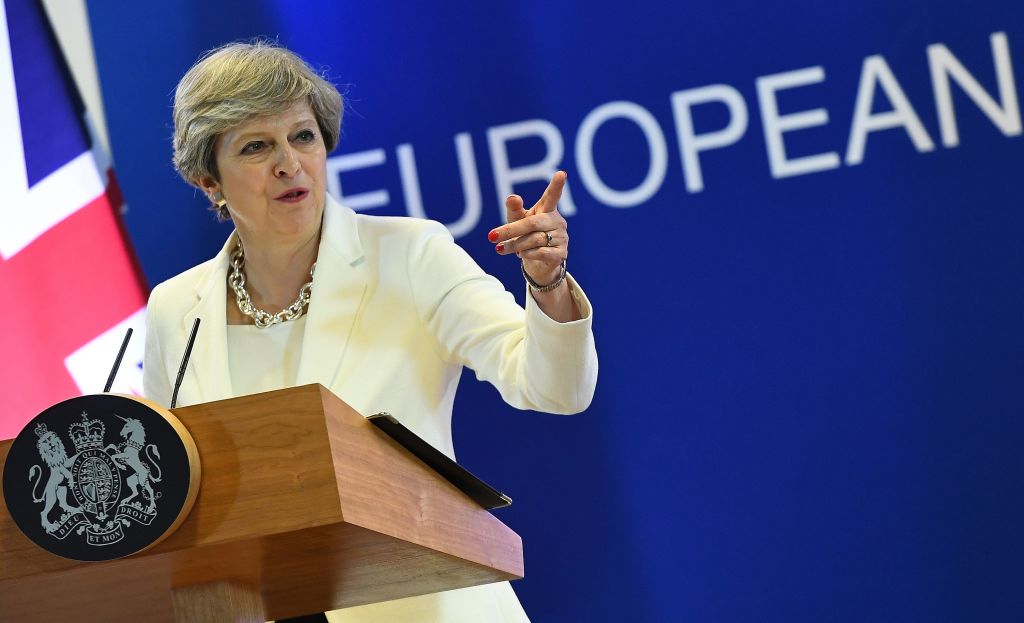EU leaders wonder if UK general election signals counter-revolution

George Osborne’s political memoirs continue their occasional serialisation in the Evening Standard leader columns. Today the former Chancellor claims that Theresa May, and she alone, opposed the last Prime Minister, David Cameron, straight after the Brexit referendum, when he wanted to unilaterally reassure EU citizens living in the UK that their right to remain would be guaranteed. Theresa May, in her end of summit press conference, said “that’s certainly not my recollection.”
In Brussels today, some EU sources are making very sceptical noises, not just about what Theresa May had to say to the leaders of the EU 27 last night, but her choice of tactics. Mrs May gave them her own take on what she was proposing, withholding details until Monday when she is safely back home. The Dutch Prime Minister said it left “thousands” of questions to be answered.
And there’s a massive question mark following Theresa May around the European Council building as she moves back into the room she had to leave last night so the 27 could hear a Brexit briefing from Michel Barnier and then decide how they intend to carve up some of the institutional spoils of Brexit, agencies that were located in the UK and which will now seek a new home elsewhere in the EU.
Aides to Theresa May said no EU leader would be rude enough to ask Mrs May direct how long she could last. She’s signalling she’ll be there for the whole of Brexit negotiations. But the EU delegations, as ever rather well informed about UK politics, mutter that she can’t last for long and appears to be the prisoner of the Hard Brexit Right (as they would term it). They wonder, you get a flavour of it in Donald Tusk’s John Lennon moment yesterday, whether the UK general election may have signalled a counter-revolution in the UK.
I asked the Prime Minister at her press conference whether she thought EU 27 leaders who talk of Britain staying in the EU, or having a significantly closer relationship with the EU than she outlined in her Lancaster House speech, were deluded. Or was it possible that they had read the British general election result better than she had? Mrs May said she had a mandate for her plan because of the 80% of voters who backed the Tories and Labour.
One of the most memorable sights of this summit came as Chancellor Merkel and President Macron walked side by side into a packed press room for an end of summit joint press conference. The atmosphere was charged, the flashbulbs perpetual. All very different from the room next door: seats to spare, a muted memorial next door to a rock star wedding.
Follow @GaryGibbonBlog on Twitter






